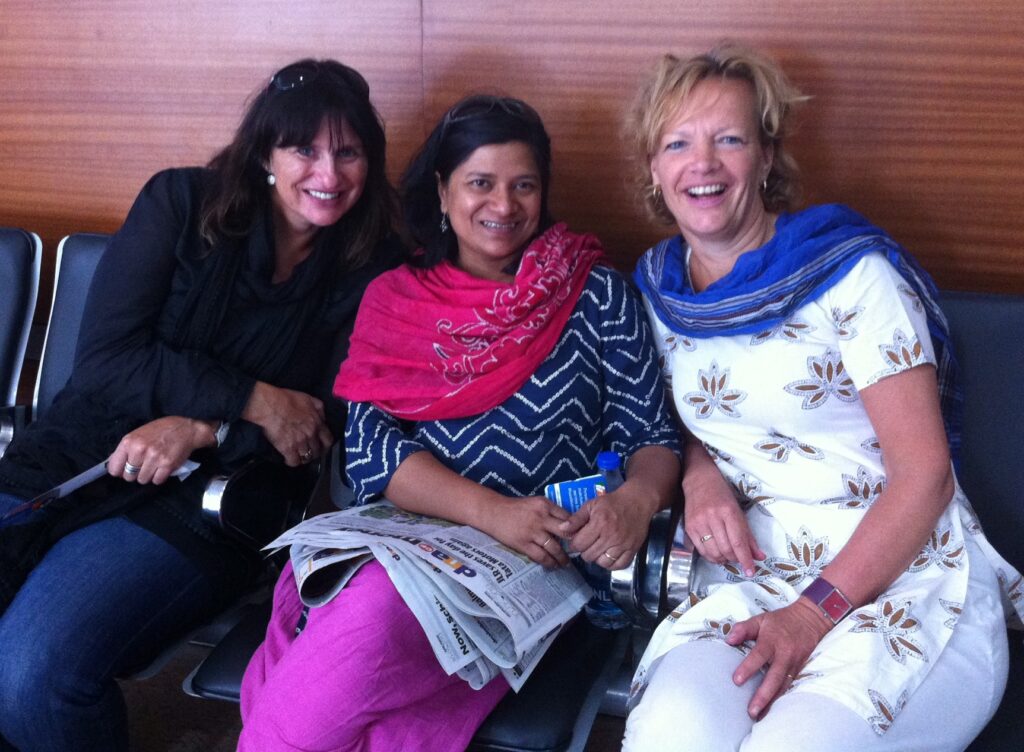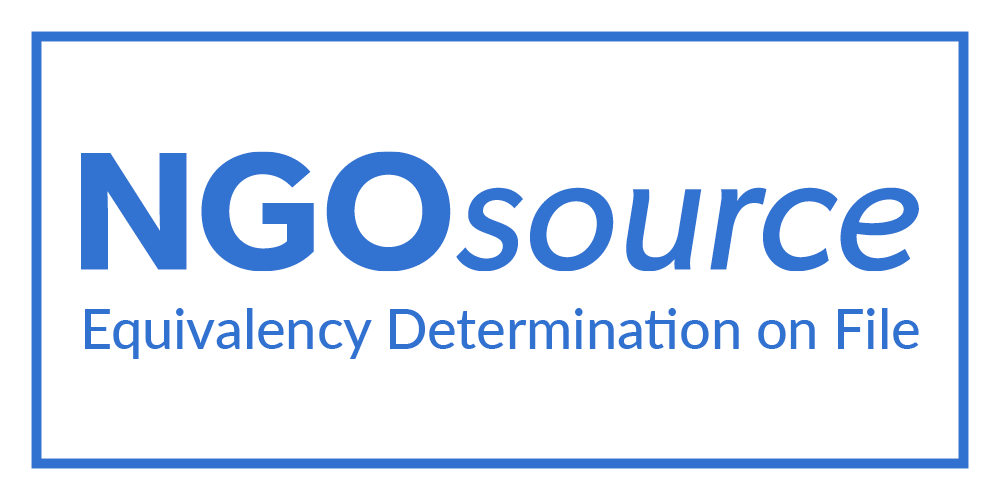We travelled together for more than 5,000 miles in 1 week. We visited 5 organisations in 4 different states. We slept in the desert of Rajastan, in the metro Mumbai, in the green area of Assam and in the capital of Delhi. We spent seven full days together as a team. How does that work? Let’s share a few experiences.
Winning team
Most of the time we were a winning team, with all kinds of experiences on board. Linda with her international business back ground of The Netherlands, Russia, India and Thailand. Deepika, an Indian entrepreneur for more than 20 years and since January 1 consultant of Women on Wings. And then there was of course Maria, co-founder of Women on Wings, with 25 years of business knowledge, within corporate companies and as an entrepreneur.
Broken slippers
Sometimes we hardly understood each other. Rarely we had problems with the heat, with broken slippers, with the lack of coffee, with the loss of a notebook and with 8 cab drivers around us cheating us with an exorbitant price. We dealt with it all, easily.
Cultural differences
Of course one of the interesting topics during a week on the road with an Indo Dutch team is the cultural differences. Dutch people are famous for their structured way of working, but Deepika is very structured as well. No difference at all there. With her Hindi language and more knowledge about the Indian culture she was our perfect guide in this week for engaging with all the entrepreneurs, the people we met and much more. Dutch people, like any people with a common language, have the tendency to revert to their mother tongue when speaking to each other to make something clear quickly. For the team work this is not really about equality, one of our core values.
More respect
One other thing is that we, Dutchies, always think that everything and anything is possible; even to keep going full speed on a day with a temperature of 48 degrees celcius. Deepika warned us that it would be quite tough though. Let’s just say that after one day in the desert we have much more respect for people who live in that harsh environment every day.


